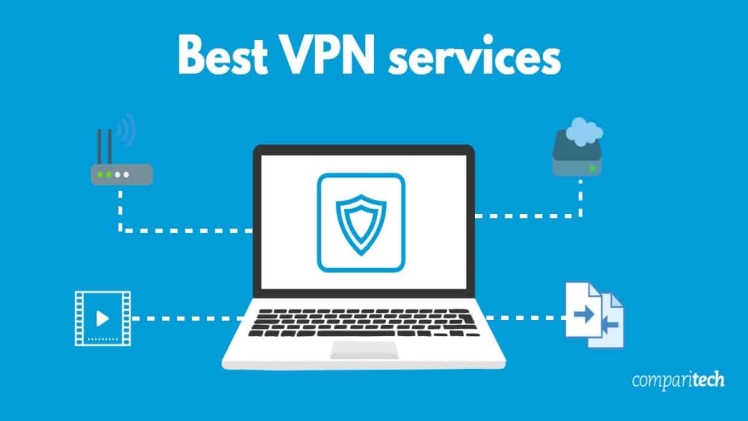Previously, we discussed warning signs to look for when choosing a new Virtual Private Network service to keep you safe when browsing the web. But what about the positive signs? Highlights like this let consumers know that a service is worth checking out.
It might be frustrating to go through all of the unsubstantiated claims on the landing pages of practically every VPN service provider on the market. As a precautionary measure, here are some crucial features to look for that, in our experience, can be found in the best VPNs.
30-day return policy
The 30-day money-back guarantee may be the most essential evidence for the majority of customers that a VPN is high-quality. Why? There are several VPNs on the market, all vying for your business with lofty promises that are tough to verify. Without trying out the VPN on multiple various types of connections, you have no idea whether it’ll work or not. An simple refund policy with quick response is an excellent indicator, especially for services that cost hundreds of dollars a year: It’s the least a business can do to demonstrate trust in its product. Here, it’s simple to be duped: Some VPNs advertise refund procedures up front, but when you attempt to get your money back, you receive no or minimal customer care help. We suggest contacting customer service through live chat and sending a few erroneous emails to make sure everything is working properly. By searching vpn downloads, you can get our vpn.
The number of computers or servers
As a general rule, the more servers a VPN has to offer, the quicker your connection will be when utilising it. We’ve yet to see a VPN with a large server count provide comparable speeds, despite the fact that having a high server count isn’t the only factor.
Jurisdiction
When assessing a VPN’s potential degree of security, there are hundreds of variables to take into account. How many user activity logs has the firm collected and shared? Has a third-party audit of the company’s operations been conducted and the findings made public? What are the minimal encryption and kill-switch requirements? They’re all critical, and the incorrect response may sour the relationship.
Positive replies to all of the above questions are frequently preceded by one factor: the VPN’s jurisdiction, or the nation in which it is based. The term “jurisdiction” is commonly used as a shorthand for privacy advocates who want to avoid becoming complicit in international intelligence-sharing agreements.
One with an ownership structure that can be verified by the public, but is not located in a country that is part of programmes such as Five Eyes or Nine Eyes or 14 Eyes (such as the US and UK), will draw our attention more readily. It ought to pique your interest as well.


